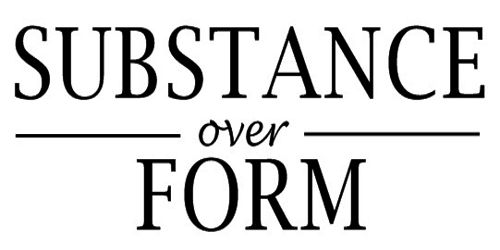Substance over form is an accounting principle used “to ensure that financial statements give a complete, relevant, and accurate picture of transactions and events”. If an entity practices the ‘substance over form’ concept, the financial statements will show the financial reality of the entity (economic substance), rather than the legal form of transactions (form). It is an accounting perception which means that the economic matter of transactions and events must be recorded in the financial statements rather than just their legal form in order to present a true and fair view of the affairs of the entity.
- Transaction: A transaction is an instance of an event that could alter the financial status of a business entity.
- Asset: An asset is anything which is owned and controlled by the entity and will generate future economic benefits for that entity.
- Liability: A liability is a legal obligation that has risen due to some past events and is likely to derive economic outflows from an entity.
- Economic Substance: the Economic substance of a transaction, asset or liability is the overall economic reality of that transaction, asset or liability.
- Legal Form: The legal form refers to the legal reality of a transaction, asset or liability which is admitted according to law.
The principle of Substance over legal form is central to the faithful representation and reliability of information contained in the financial statements. In accounting for business transactions and other events we measure and report the economic impact of an event instead of its legal form. Substance over form is critical for reliable financial reporting. It particularly relevant in case of revenue recognition, sales, and purchase agreements etc.















